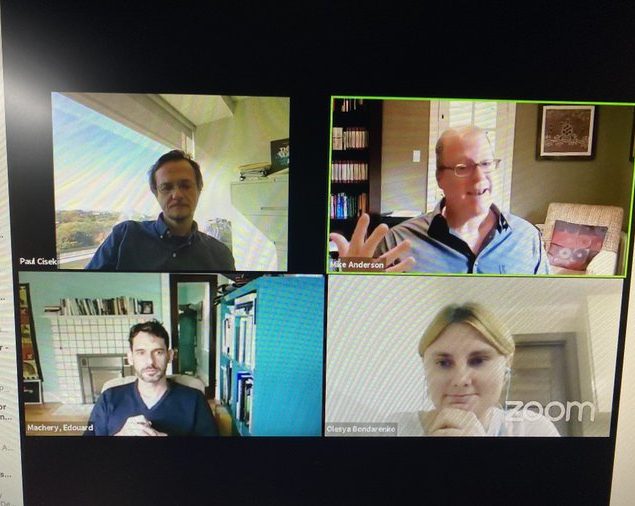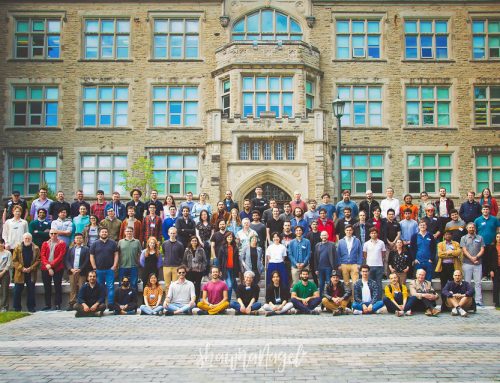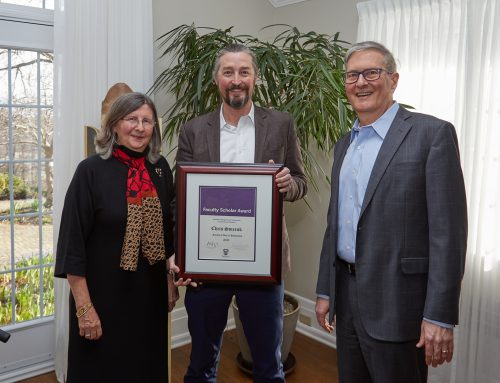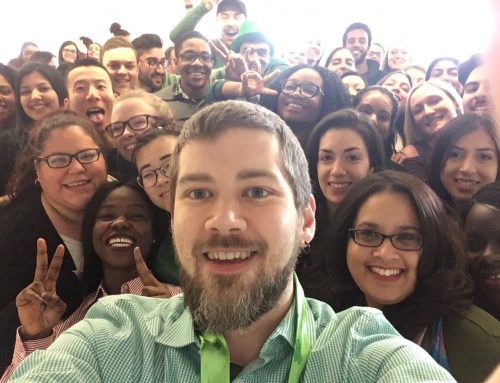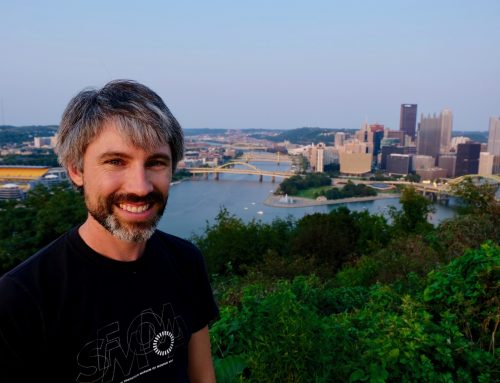September marked the start of a new academic year. Faculty and staff worked hard preparing the return to campus and making sure students have the best experience while staying safe and healthy. Faculty and students have been adapting to virtual classes and department staff have been working on putting together virtual events for this year. We’d like to thank everyone for their hard work during these uncertain times and we wish everyone a healthy, safe and enjoyable semester!
Jackie Sullivan kicked off the philosophy department’s Speaker Series of the 2020-21 academic year delivering her talk “Creating Epistemically Successful Interdisciplinary Research Infrastructures: Translational Cognitive Neuroscience as a Case Study ” via Zoom. Jackie also gave an informal pre-talk for graduate students where they got a chance to meet her and obtain some background information on the topic of the talk.
The philosophy of cognitive science reading group hosted Joanna Rączaszek-Leonardi for a virtual talk on her 2018 paper, Language Development From an Ecological Perspective: Ecologically Valid Ways to Abstract Symbols on October 30th.
All other news from our members is listed below in alphabetical order.
Michael Anderson gave a talk at the Online Seminar Series: Problem of Cognitive Ontology titled “Two Approaches to Reforming the Taxonomy of Cognitive Neuroscience”.
After two years as an Impact Canada Fellow working in behavioural science and behavioural economics, Guillaume Beaulac (PhD 2014) is starting a new position as Special Advisor, Behavioural Science to the Director General, Evaluation and Results at Global Affairs Canada.
Rob Corless’ paper (co-authored with David J. Jeffrey and David R. Stoutemyer) titled “Integrals of functions containing parameters” has been accepted to the Mathematical Gazette. The paper addresses a difficulty with integrals of continuous functions containing parameters.
Former postdoc Alkistis Elliott-Graves started a new position in September as a junior professor in the department of philosophy at Bielefeld University, Germany.
Sarah Gallagher and other leaders from the MILO Institute, Western University, Canadian Space Agency, and Consulate General of Canada in Los Angeles came together on September 23 to announce the signed Memorandum of Understanding between MILO and Western. The agreement outlines a commitment to develop a consortium of Canadian academic institutions interested in participating in deep space science missions. Sarah is also part of the founding team of interdisciplinary researchers to launch CoVivre–an initiative to address inequities in communities impacted by COVID.
Melissa Jacquart was featured as a speaker for the professional development workshop “Data and Computation Science Series.” Her presentation can be viewed here.
Diane O’Leary had an article come out in Synthese, “Medicine’s metaphysical morass: How confusion about dualism threatens public health“. Diane also gave a talk titled “Making Philosophical Sense of Medicine’s Position on Mind and Body” at The Center for Philosophy of Science at the University of Pittsburgh via Zoom.
Trevor Pierce’s book “Pragmatism’s Evolution” was published in October. Trevor demonstrates in the book that the philosophical tradition of pragmatism owes an enormous debt to specific biological debates in the late 1800s, especially those concerning the role of the environment in development and evolution.
Carlo Rovelli’s book “Helgoland” about quantum mechanics and its relational interpretation is now out in Italy. The English publication will be out next year. He also had a paper (co-authored with Fabio D’Ambrosio, Marios Christodoulou, Pierre Martin-Dussaud, and Farshid Soltani) titled “The End of a Black Hole’s Evaporation — Part I” published. Carlo gave a talk titled “Why can we influence the future?” at the Quantum Information Structure of Spacetime webinar on September 3. You can watch his talk here.
Catherine Stinson was interviewed about the AI-Written article that was published in the Guardian on CBC Radio. Catherine also had an article come out in Future Edge Issue 2, called “Agency and Ethics in a Complex World” that looks at projected AI futures, and suggests ways that we can help avoid dystopian scenarios through education. A paper by Catherine called “From Implausible Artificial Neurons to Idealized Cognitive Models: Rebooting Philosophy of Artificial Intelligence” came out in Philosophy of Science.
Pictured above: Francesca Vidotto teaching her course “Women and Science” virtually; Sarah Gallagher and other leaders announcing the signed Memorandum of Understanding between MILO and Western; Michael Anderson giving his talk during the Cognitive Ontology seminar.



